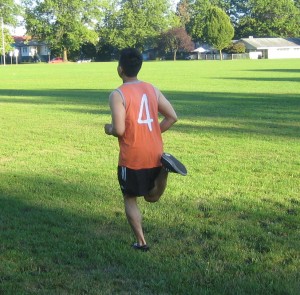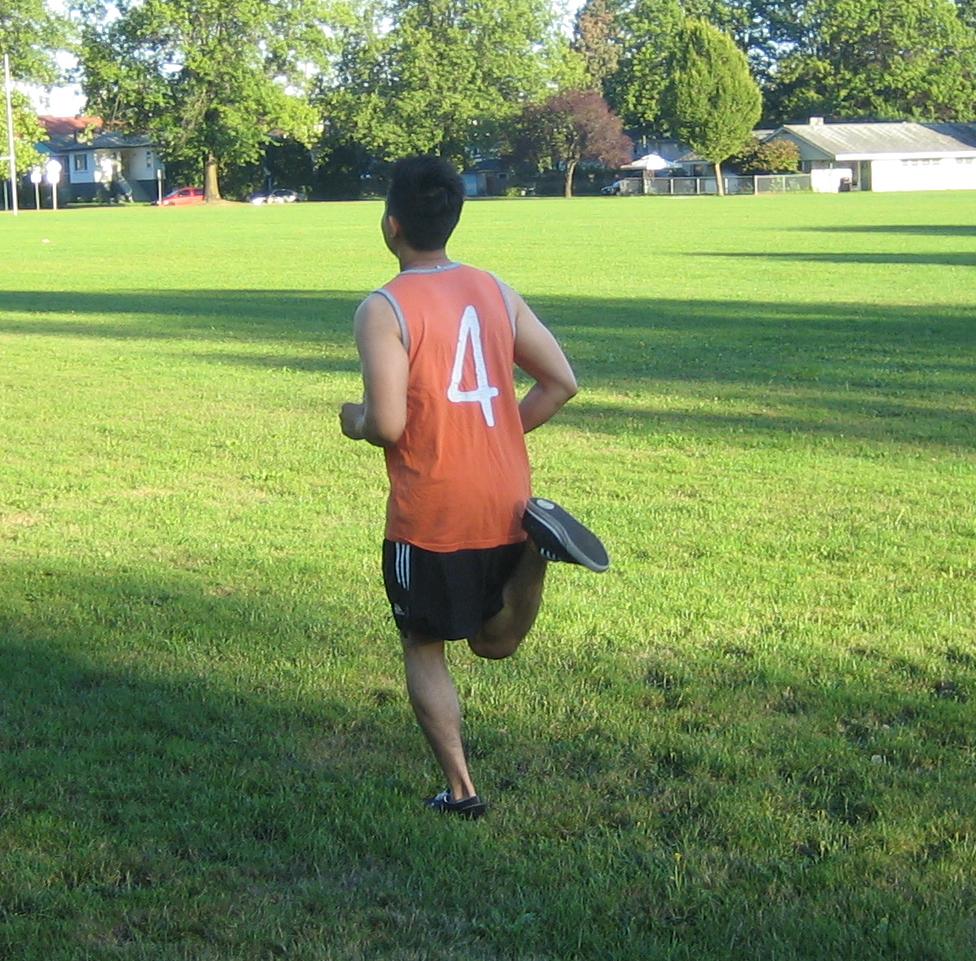Albinism is a group of genetic disorders causing partial or total lack of pigmentation in the eyes, hair and skin of an individual. A person suffering from albinism is also called an “albino”. There are two types of albinism – the oculocutaneous albinism and the ocular albinism. In oculocutaneous albinism, it only affects the hair, eyes and skin to some degree while ocular albinism only affects the pigmentation of the eyes.
Symptoms of albinism

- The irises of the eyes lack pigmentation which causes them to appear translucent and sometimes red due to the reflection of light from the retina. The color of the eye ranges from light blue to brown and can change with age.
- Lessened pigmentation of the skin and hair to some degree. Skin pigmentation ranges from white to brown. The color of the hair ranges from white to brown.
- Disturbances in vision connected with astigmatism, photosensitivity, far-sightedness, nystagmus, strabismus or crossed eyes and functional blindness.
- With exposure to the sun, the skin develops freckles, moles with or without pigmentation and moles without pigments.
If the affected person experiences nosebleeds, easy bruising, or chronic infections, seek medical help immediately.
Complications
Albinism can cause complications such as skin disorders and emotional and social challenges. A serious complication caused by albinism is the high risk of developing sunburn and skin cancer.
With emotional and social factors, the affected person can experience name-calling, and teasing. People suffering from albinism looks different from any member of their family or ethnic groups, so they have a feeling that they are outsiders or treated as outsiders. All of these factors can result to poor self-esteem, isolation from social activities and stress.
Treatment
- Protect the skin by applying sunscreen lotion with at least 30 SPF and UVA and UVB to prevent the risk for sunburns and skin cancers.
- Protect the eyes by wearing dark, ultraviolet-blocking sunglasses or transition lenses that becomes dark with bright lights.
- Wear long-sleeved shirts, long pants and broad-brimmed hats for protection against UV lights.
- Wear clothing that is ultraviolet proof and swimwear that gives proper protection than ordinary clothing when the body is exposed to the sun.
- Use vision aids such as a magnifying glass or a magnifier that is attached to the reading glasses and adjustable reading light is beneficial for those suffering from albinism.
- Perform eye exercises. Sometimes, people with albinism suffer from irregular eye movements known as nystagmus where the eyeball is unstable and keeps on moving. Treat this condition by focusing on objects to keep the eyeball in control.
- Eat a healthy and balanced diet with essential nutrients needed for smooth functioning of the body. Drink boiled water to kill any germs. Maintain basic body hygiene and cleanliness to prevent infections.

